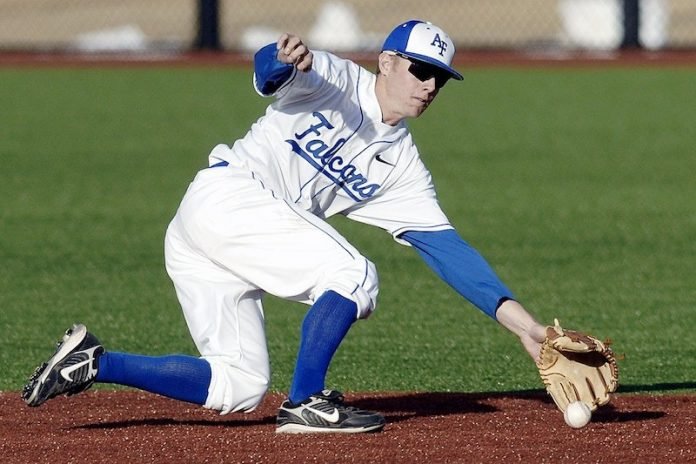
In a recent study at Arizona State University, researchers found that the social aspect of exercising may be just as important as its physical benefits.
They found that many exercises are beneficial, but stretching, volleyball, and fitness exercises (i.e., walking, aerobics, cycling, etc.) in particular were linked to lower rates of mortality.
But one exercise they found to have a negative effect on longevity was baseball, which they presume is due to the culture of chewing tobacco linked to the sport.
The study is published in the journal Medicine and Science in Sports and Exercise. One author is Connor Sheehan.
In the study, the team used data collected by the National Health Interview Survey of 26,727 American adults ages 18 to 84 to examine the effect of 15 different exercises on mortality rates.
The survey participants were asked once in 1998 what type of exercise they engaged in, then followed for all-cause mortality through the end of 2015.
During 17 years of follow-up, 4,955 deaths occurred. The researchers found that walking, aerobics, stretching, weight lifting, and stair climbing were related to lower risks of mortality.
When adjusting for engagement in all exercise types, stretching and volleyball were found to be uniquely linked to lower risks of mortality.
And surprisingly, in spite of its association with the neurodegenerative disease chronic traumatic encephalopathy (CTE), they did not find that football was linked to increased mortality.
Their findings suggest that some types of exercise have unique benefits for longevity, but most are indistinguishable in relation to longevity.
It means that if you’re doing any exercise, that’s better than if you’re doing nothing. What’s best is to just keep doing what you can consistently do, what you consistently enjoy doing.
Copyright © 2020 Knowridge Science Report. All rights reserved.



